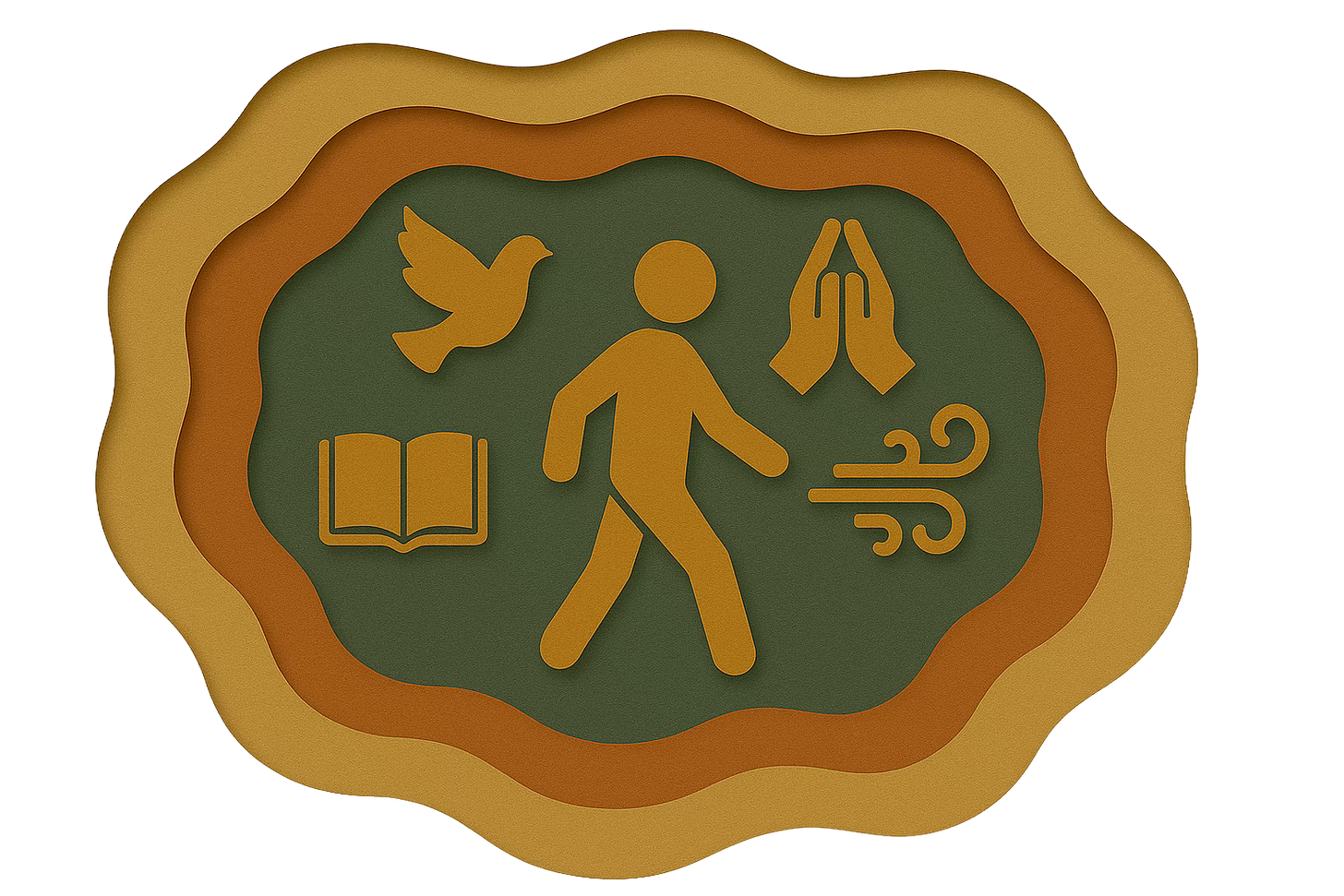Abstaining from the King’s Table
Why Daniel’s Fast Was Never Just About Food
Abstaining from the King’s Table
Why do so many believers today try a “Daniel Fast”? Is it just about healthy eating, or something deeper? Daniel’s story is more than a diet; it’s a challenge: When the world offers you a seat at its table, whose feast will you choose?
Scripture: The Living Word
Featured Passage:
Key Verses:
Daniel 1:8: “But Daniel resolved that he would not defile himself with the king's food, or with the wine that he drank…”
Daniel 1:12: “Test your servants for ten days; let us be given vegetables to eat and water to drink.”
Daniel 1:15: “At the end of ten days it was seen that they were better in appearance and fatter in flesh than all the youths who ate the king's food.”
The Two Fasts in Daniel
The 10-Day Fast (Daniel 1): Daniel and his friends reject the king’s food and wine, eating only “seed foods” (vegetables, grains, legumes) and water for 10 days as a test of faith and identity.
The 21-Day Fast (Daniel 10:2–3): Later, Daniel abstains from delicacies, meat, wine, and lotions for three weeks while seeking Yahweh in prayer and mourning.
Modern “Daniel fasts” often combine these ideas, focusing on simple foods for 10 or 21 days. But the real lesson is deeper than diet—it’s about loyalty, resistance, and who you allow to shape your identity.
Context: Behind the Words
Exile and Assimilation:
Daniel’s story unfolds in Babylon—a place designed to erase old identities. Assimilation wasn’t just about food. The Babylonians changed Daniel’s name and the names of his friends (Daniel 1:6–7), replacing Hebrew names that honored Yahweh with Babylonian names tied to pagan gods. The king’s table was more than a menu; it was an invitation to embrace new customs, values, and loyalties.
Defile (גָּאַל, ga'al): To be ritually or morally contaminated; Daniel refused to break covenant with Yahweh.
Table (שֻׁלְחָן, shulchan): Symbol of relationship and allegiance—eating at the king’s table meant sharing in his authority and values.
Vegetables (זֵרְעֹנִים, zera‘im): Literally “seed foods”—grains, beans, pulses; a sign of simplicity and devotion.
Beyond Diet—A Battle of Allegiance:
Daniel’s fast was a quiet protest against assimilation—a daily act of covenant loyalty.
Covenant: The Relational Core
Daniel’s refusal is a model of faithfulness under pressure. His daily choices reflected covenant allegiance to Yahweh, not just public heroism but private discipline. Babylon’s goal was gradual compromise—inviting God’s people to adopt its values in exchange for privilege. Every generation faces “king’s tables” where loyalty to God is subtly tested.
Yeshua, too, rejected the “king’s table” of worldly power (Matthew 4:1–11), choosing obedience over comfort. He is our ultimate example.
True covenant life is about being set apart for Yahweh’s purposes—especially when the world offers easier paths.
Practice: Living It Out
The “king’s table” isn’t always food—it can be:
Media/Entertainment: Fasting from screens or social feeds to detox from cultural noise.
Ambition/Status: Resisting advancement or belonging that costs you your convictions or integrity.
Speech: Abstaining from gossip, divisive talk, or self-promotion.
Takeaways
Every generation faces Babylon’s invitation; abstaining is about allegiance, not appetite.
Small, consistent faithfulness shapes your identity and witness.
Saying “no” to the king’s table is an active “yes” to life with Yahweh.
Discussion Questions
What does “the king’s table” look like for you in this season?
How has fasting or abstaining helped you recognize areas of compromise?
How does Yeshua’s example shape your understanding of spiritual allegiance?
Seven-Day Practice Rhythm
Closing Blessing / Charge
May you have Daniel’s courage to discern which tables are before you, and the resolve to choose faithfulness over comfort.
May Yahweh keep you from subtle assimilation and fill you with joy as you feast on His Word.
The narrow way isn’t easy—but it is clear.
Walk it boldly, together, and with the assurance that you belong at the King’s true table.
Grace and peace to you as you live set apart for His purposes.






